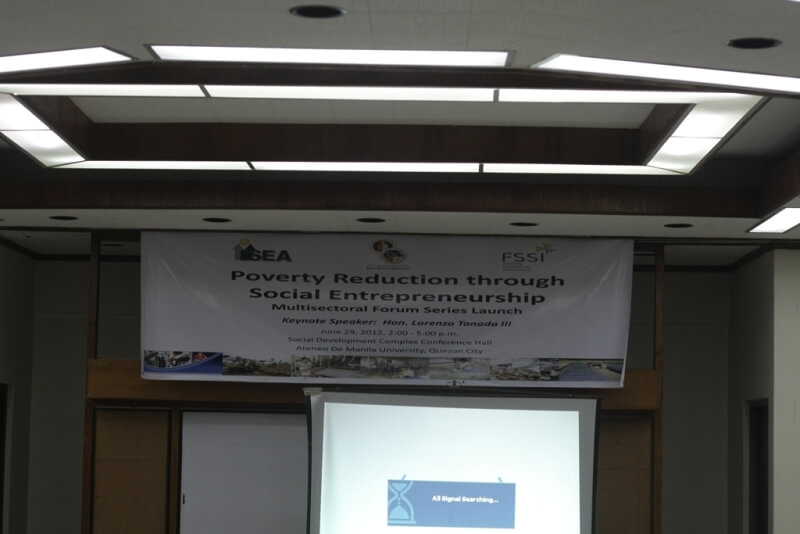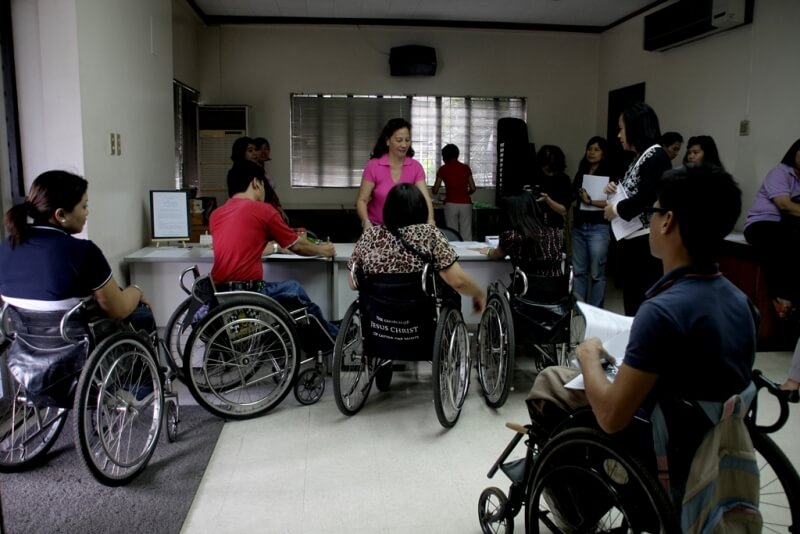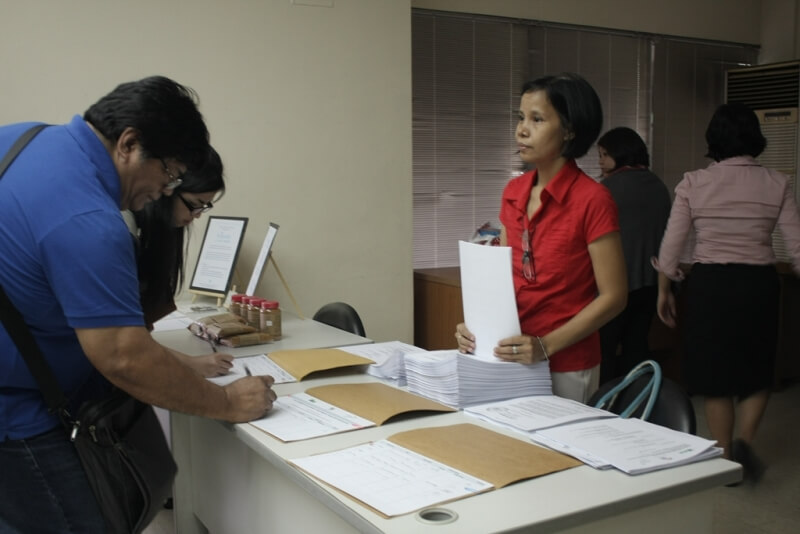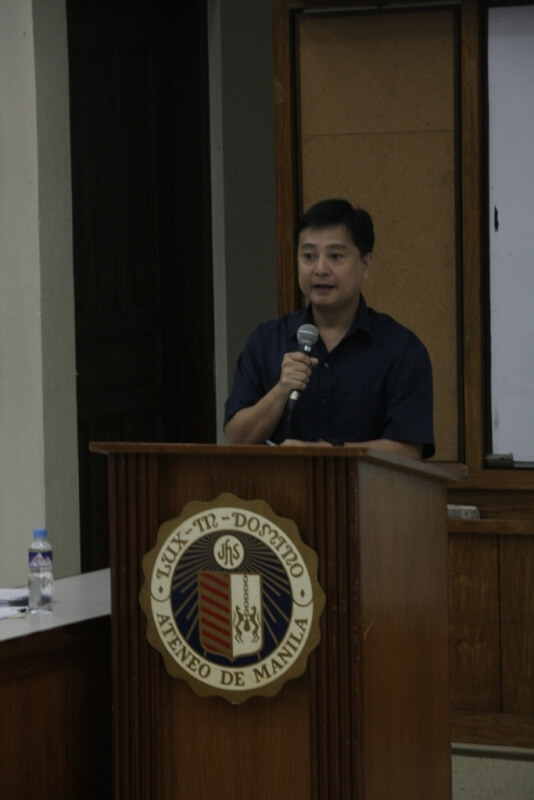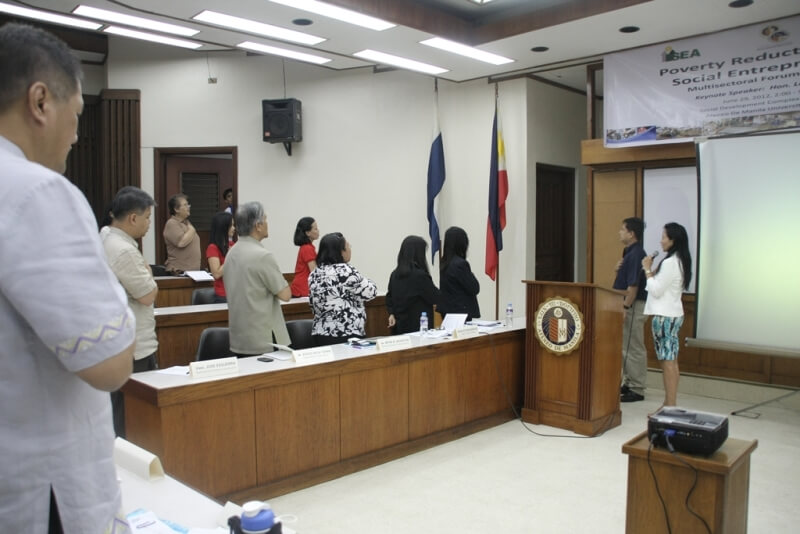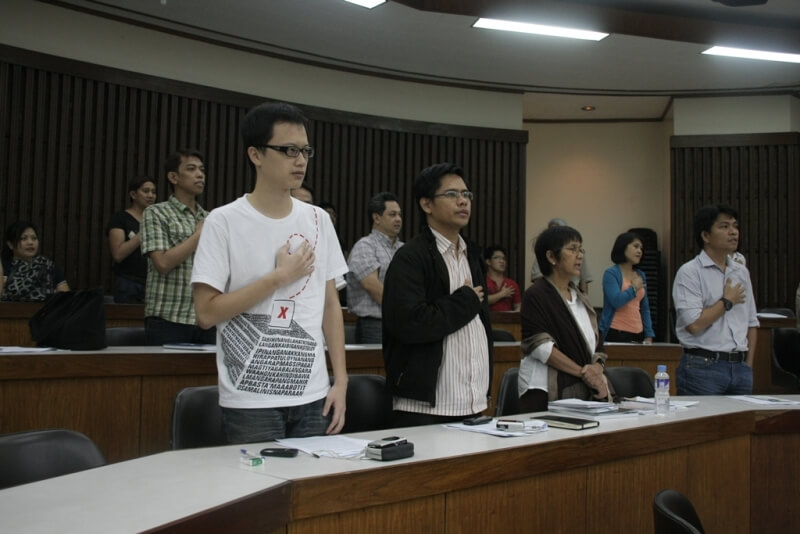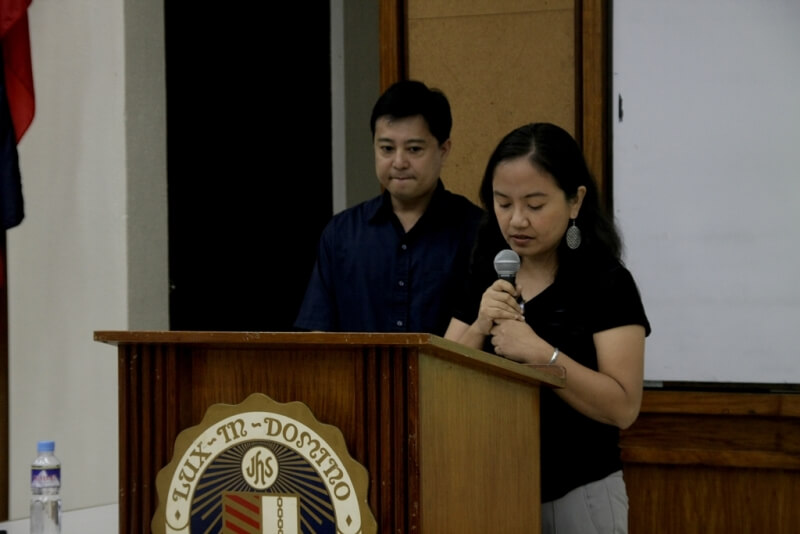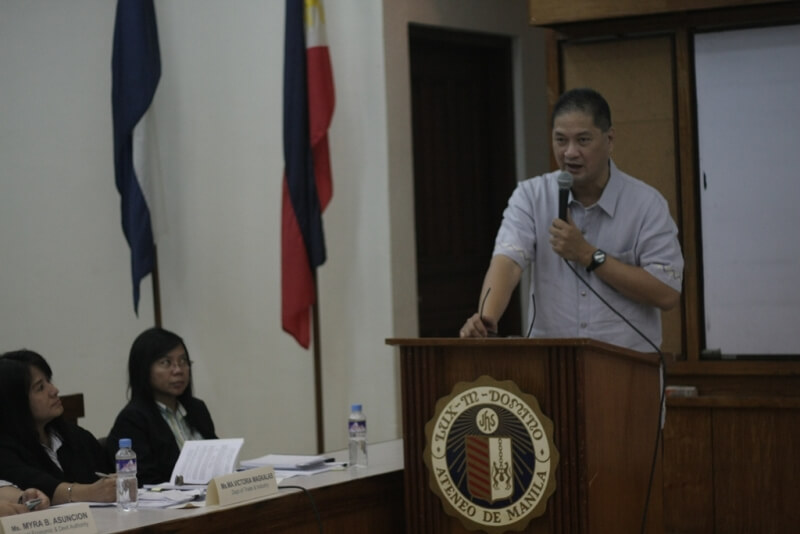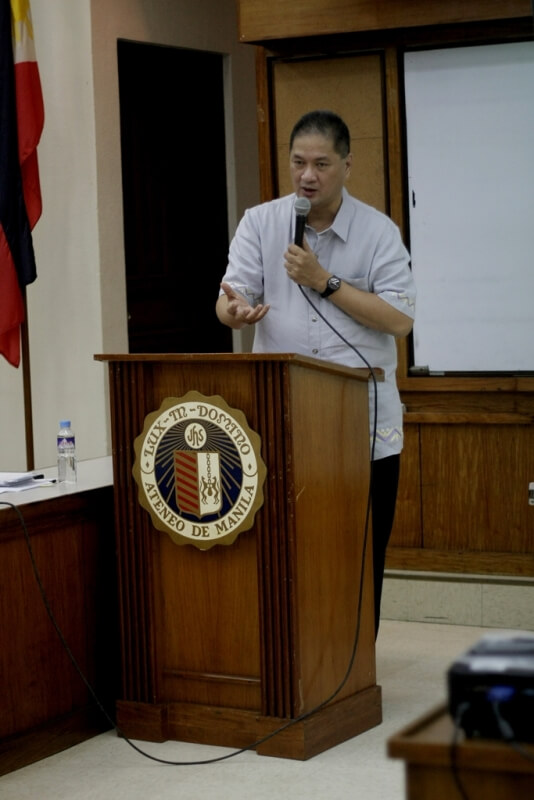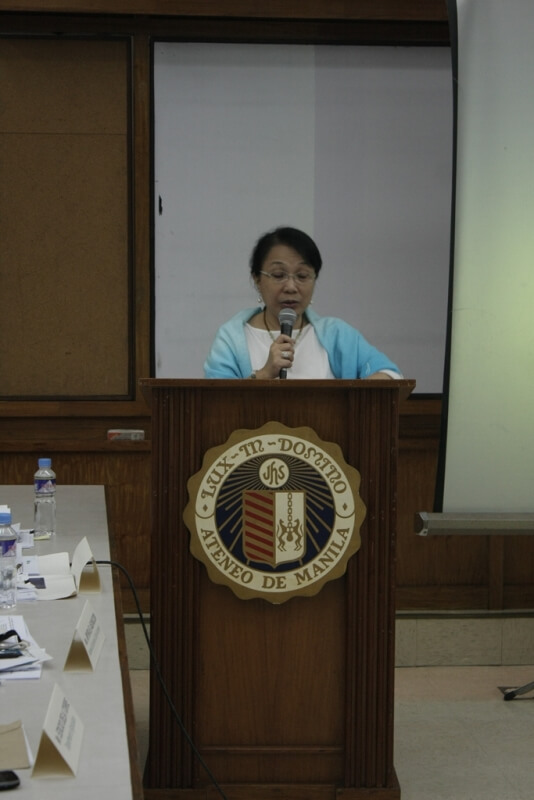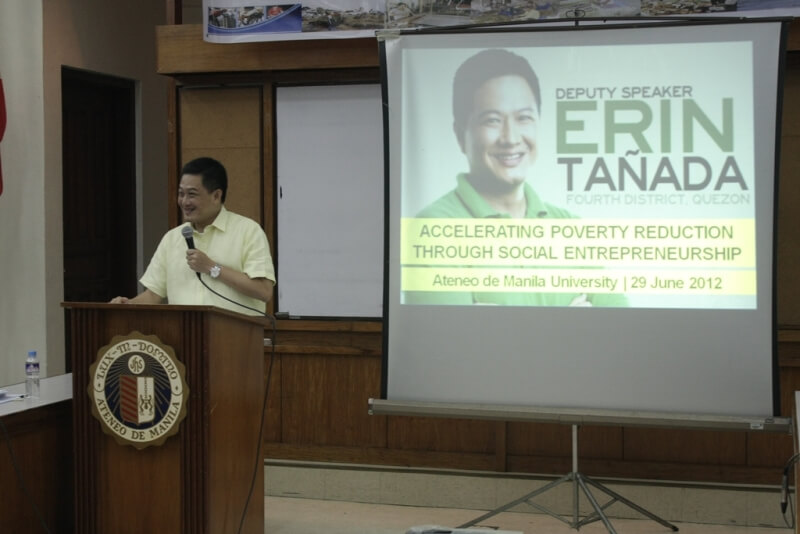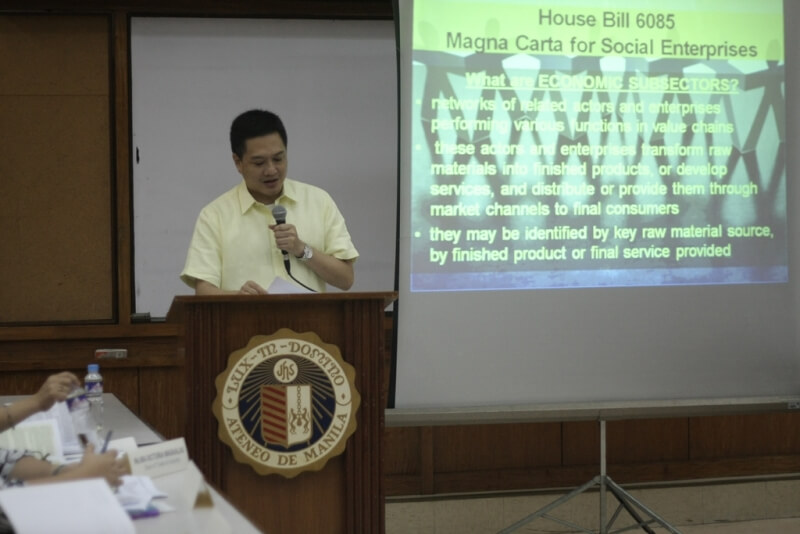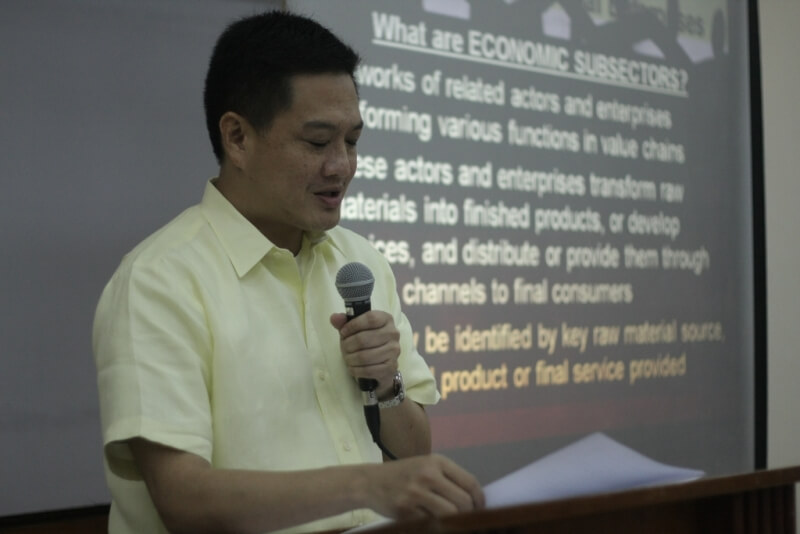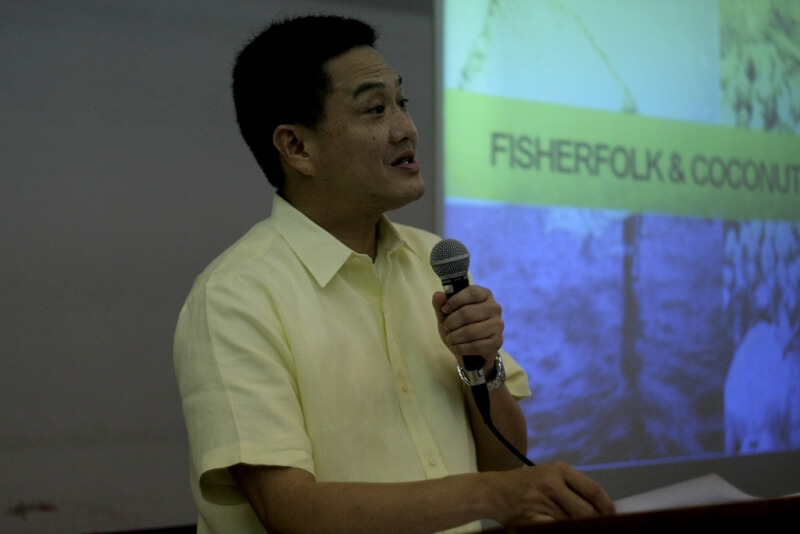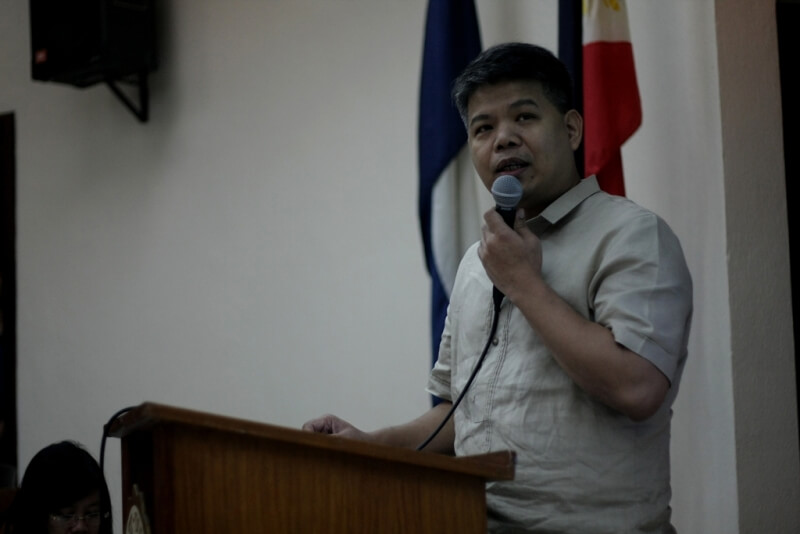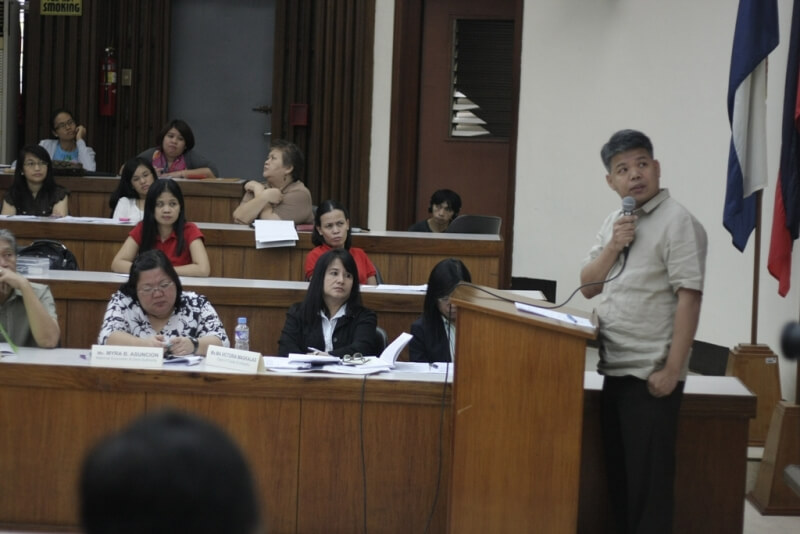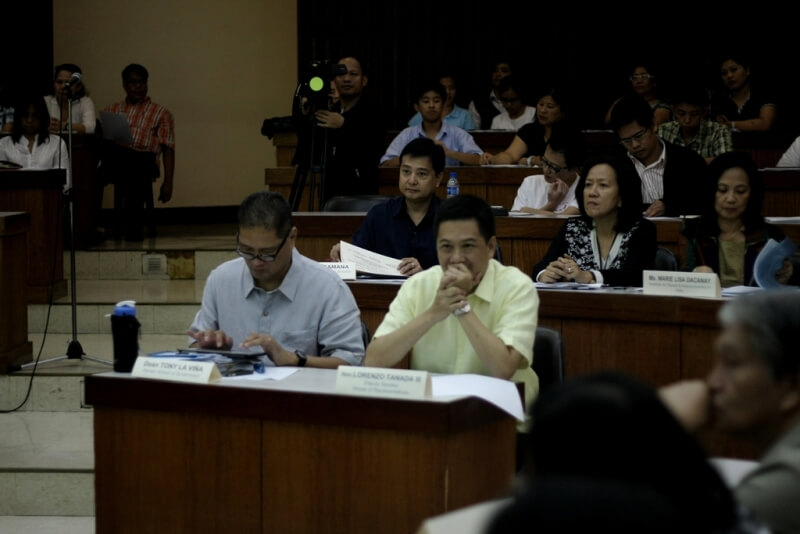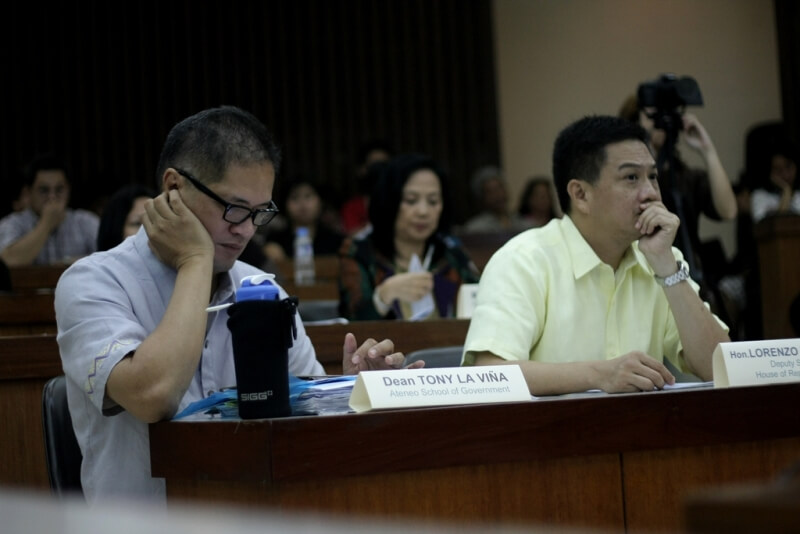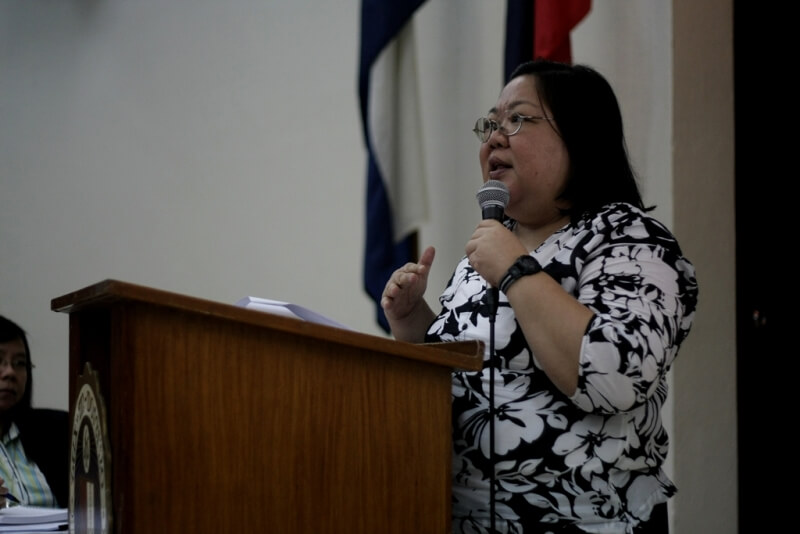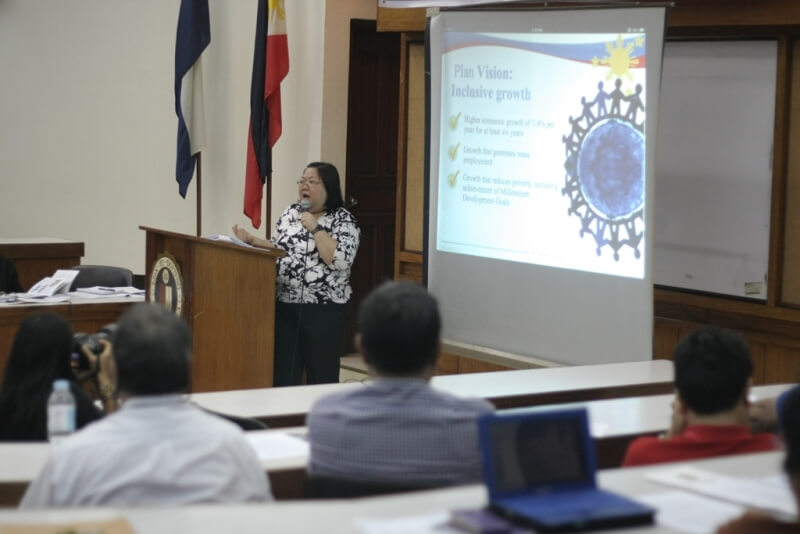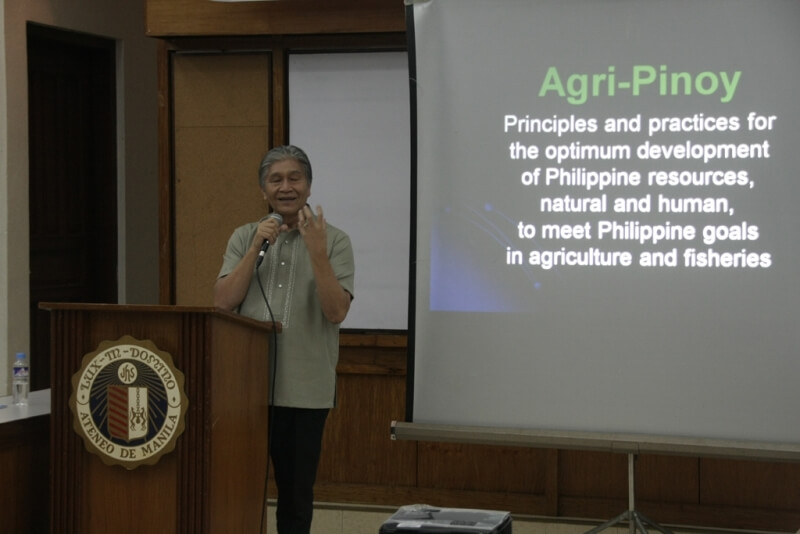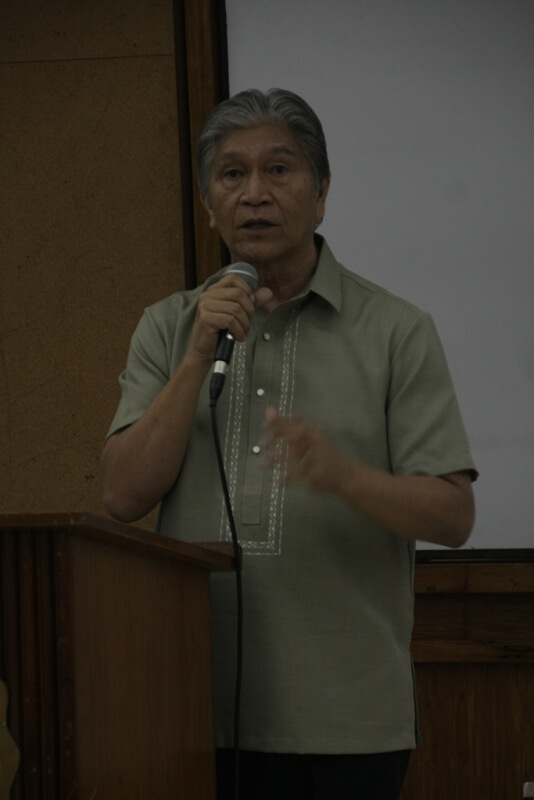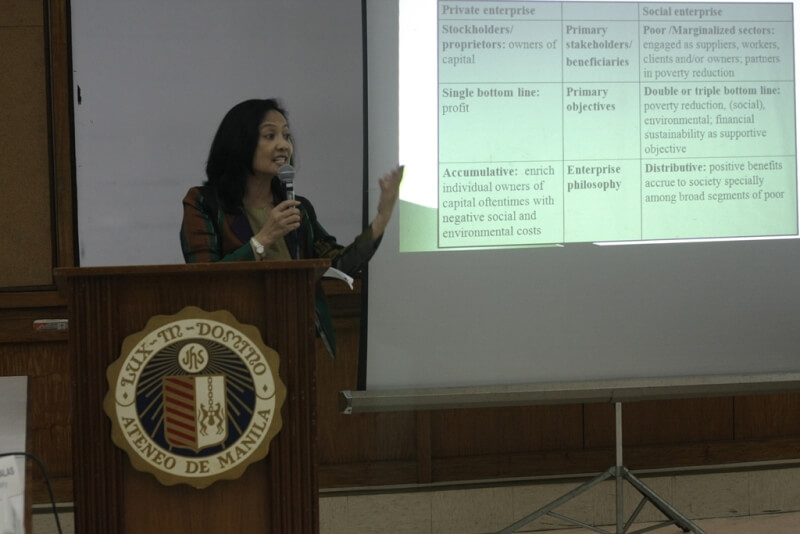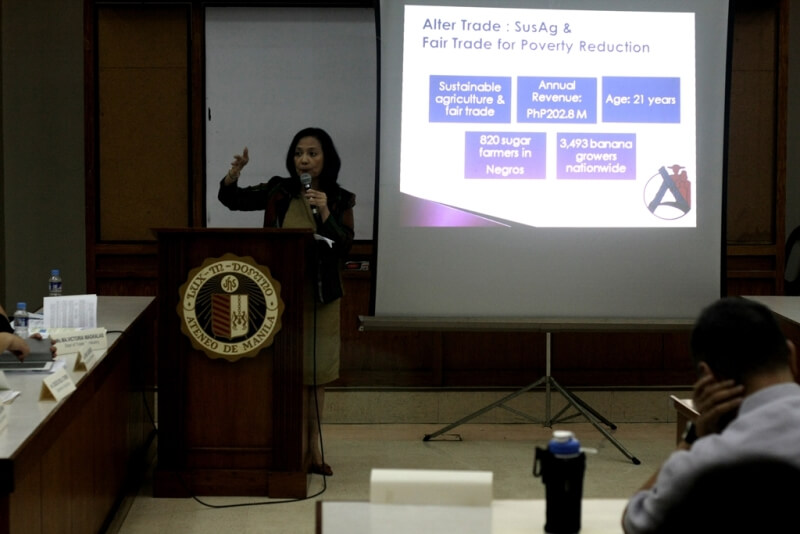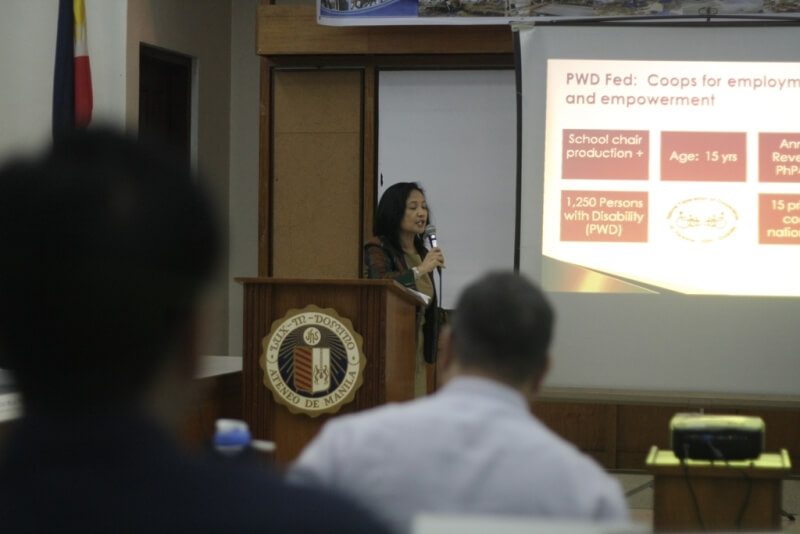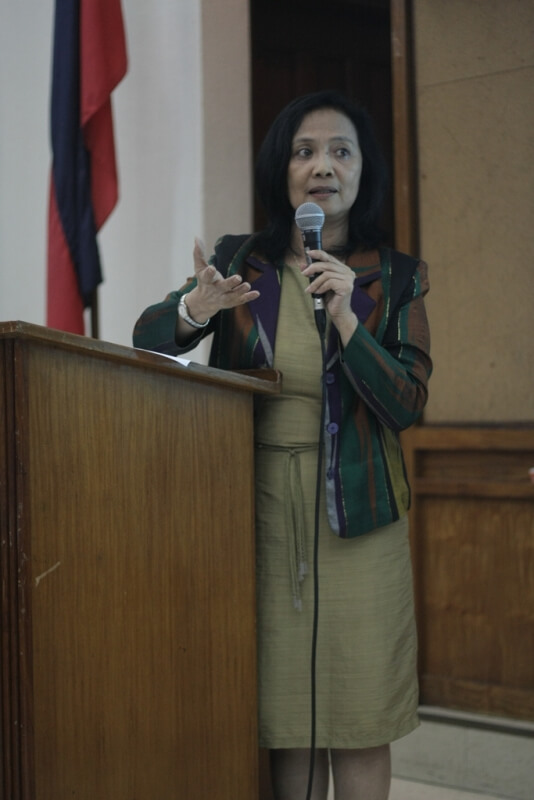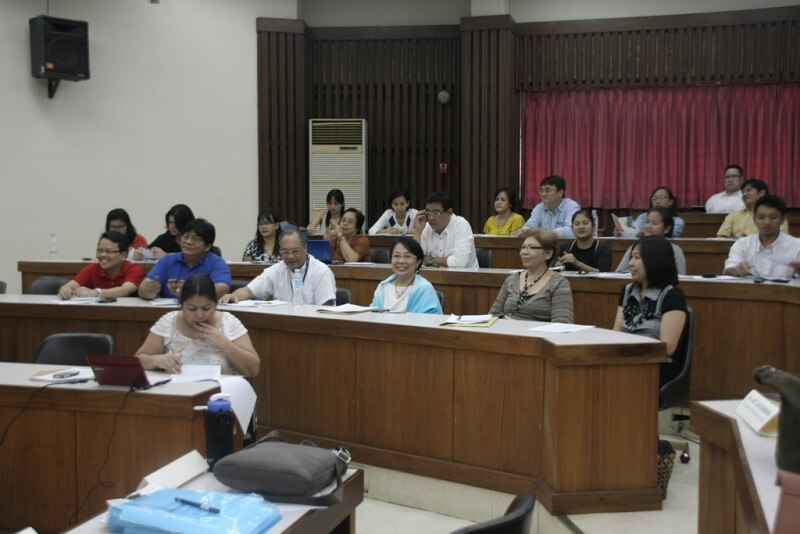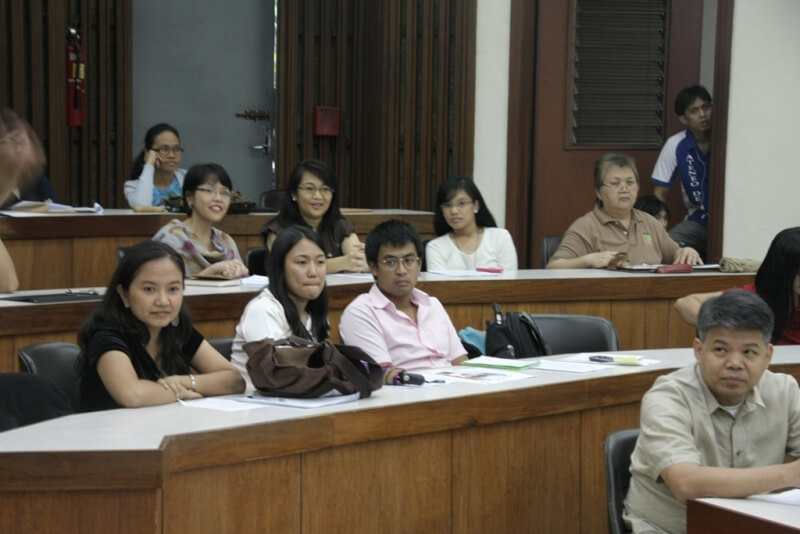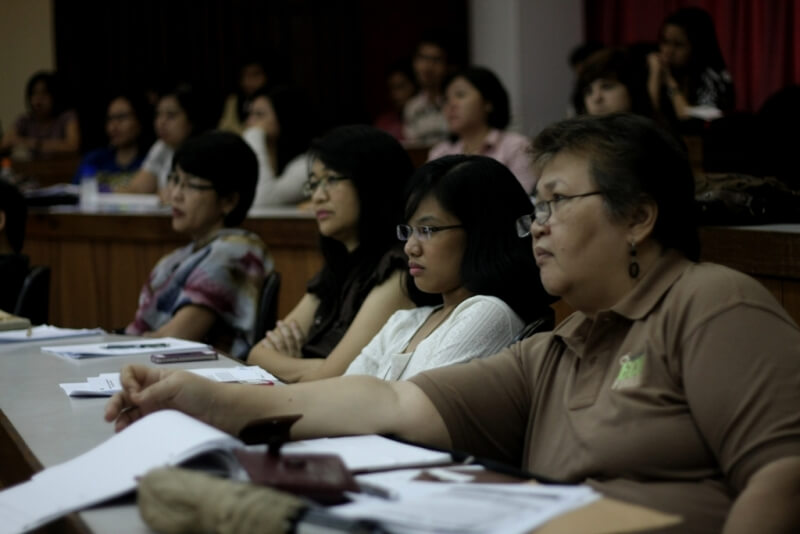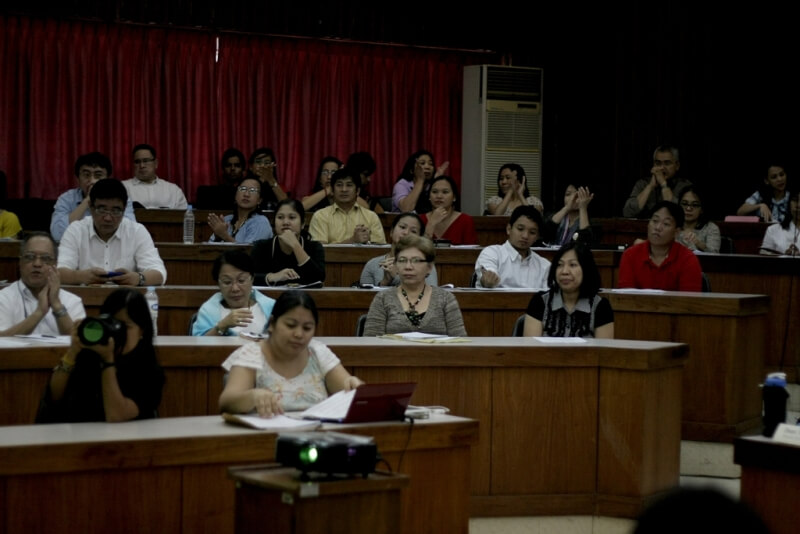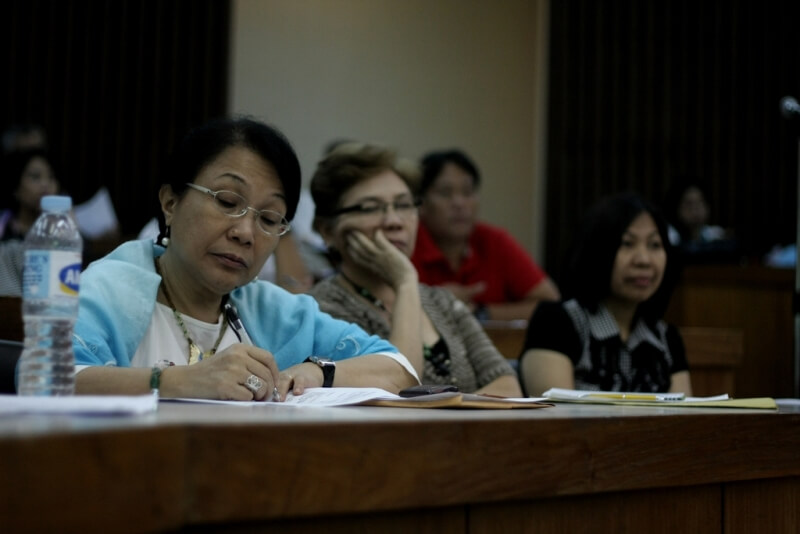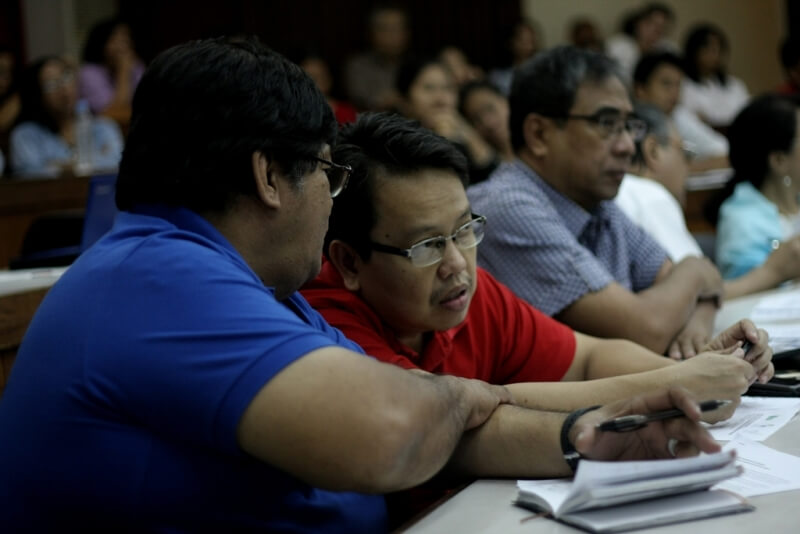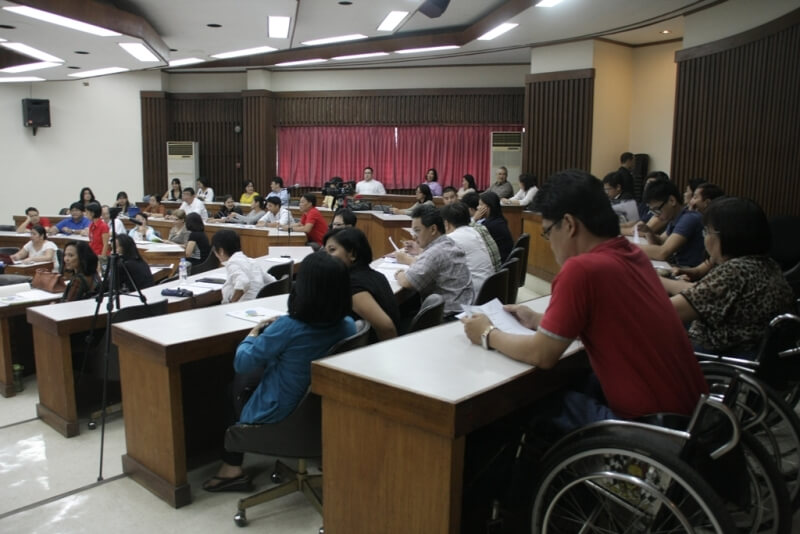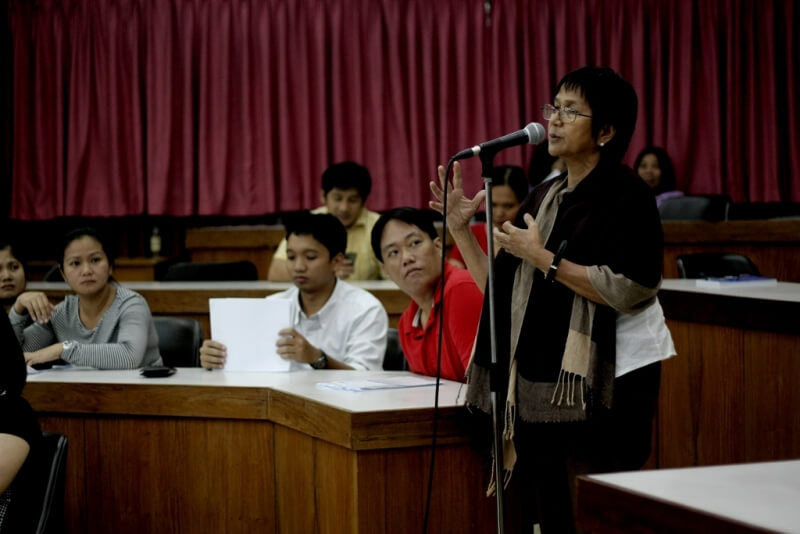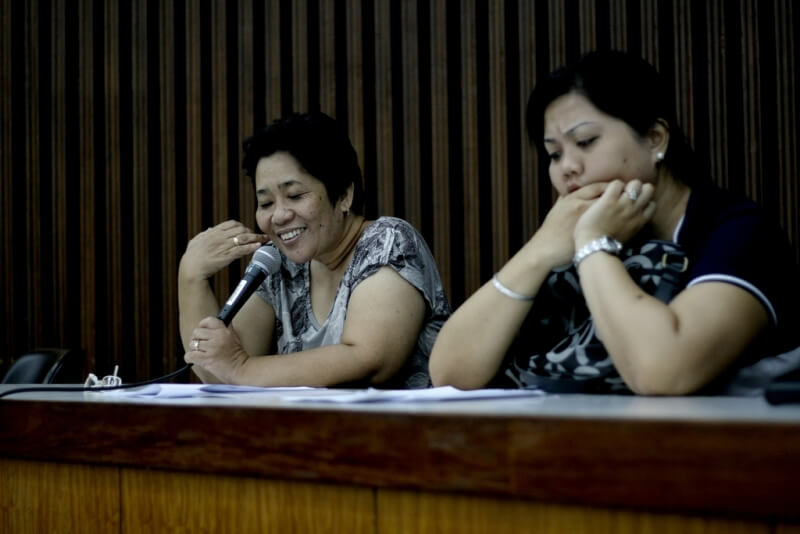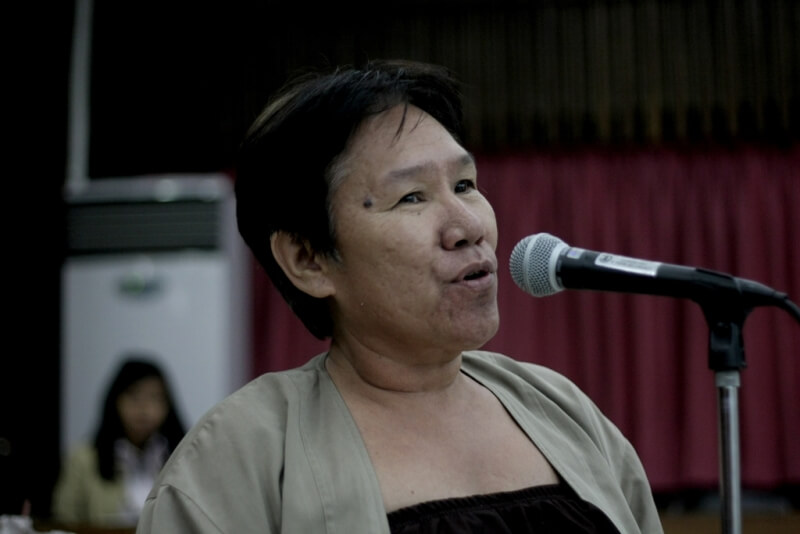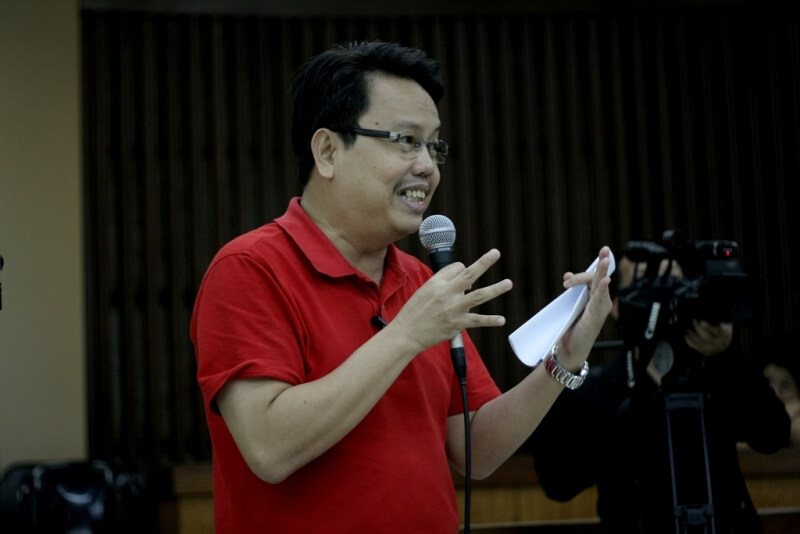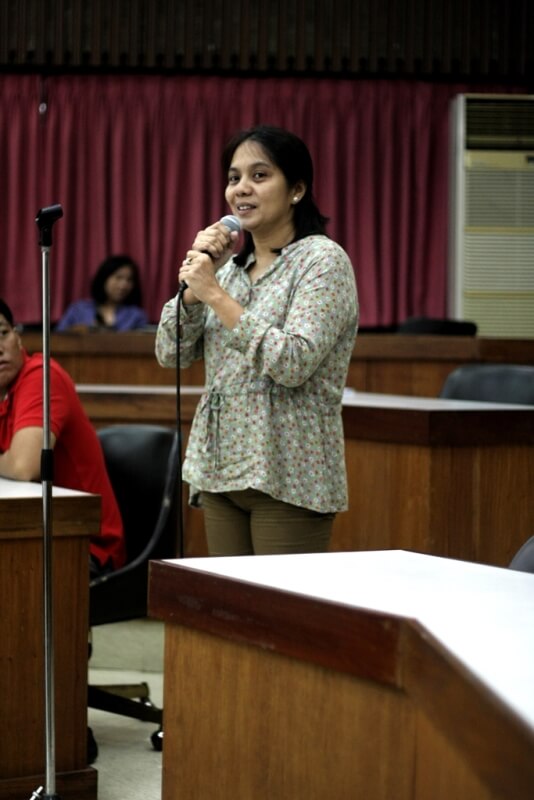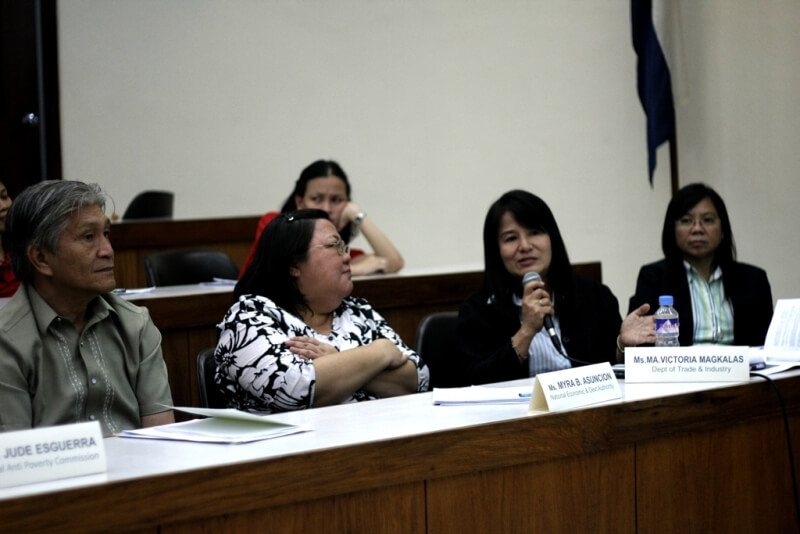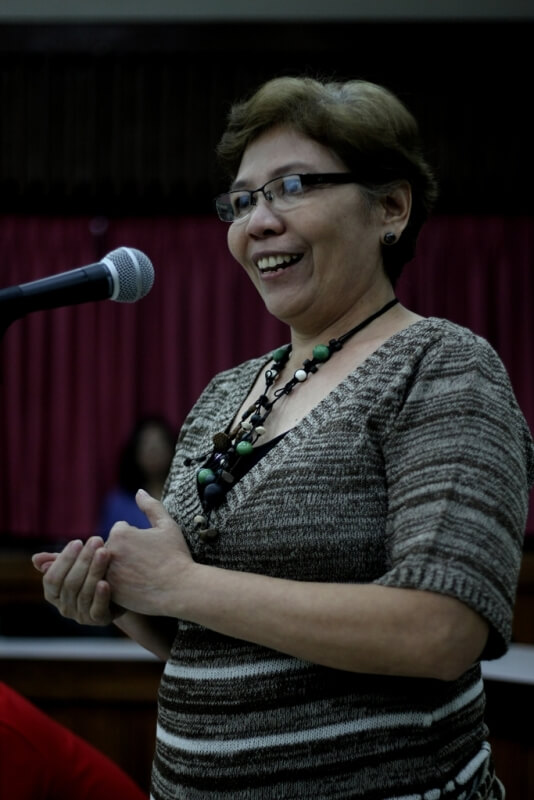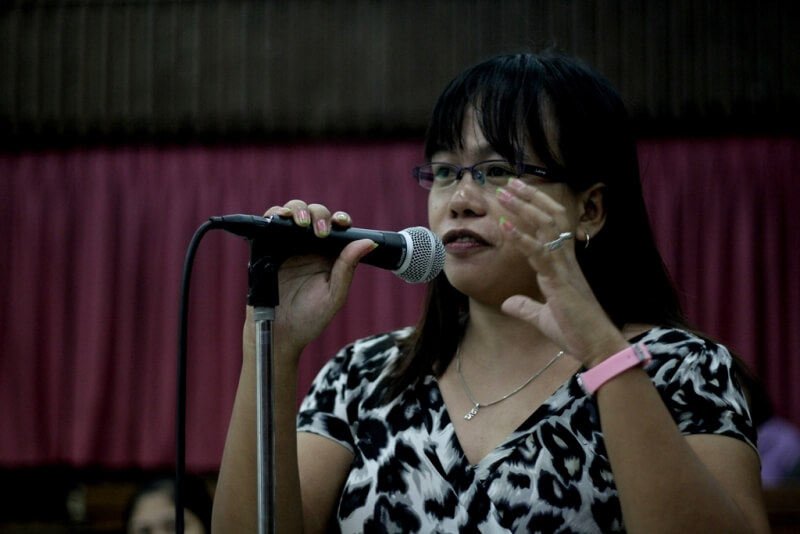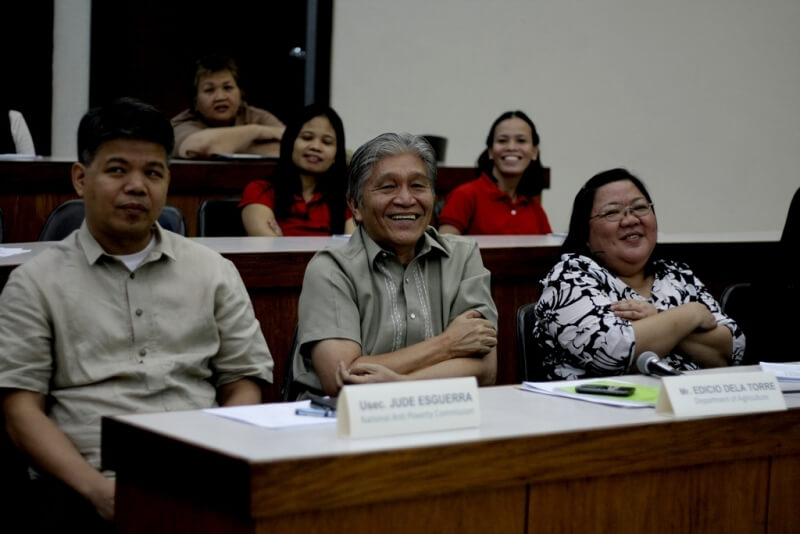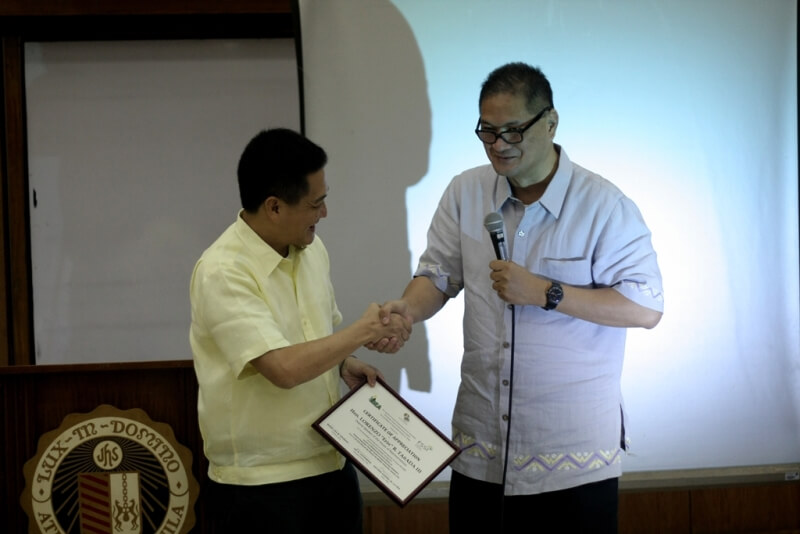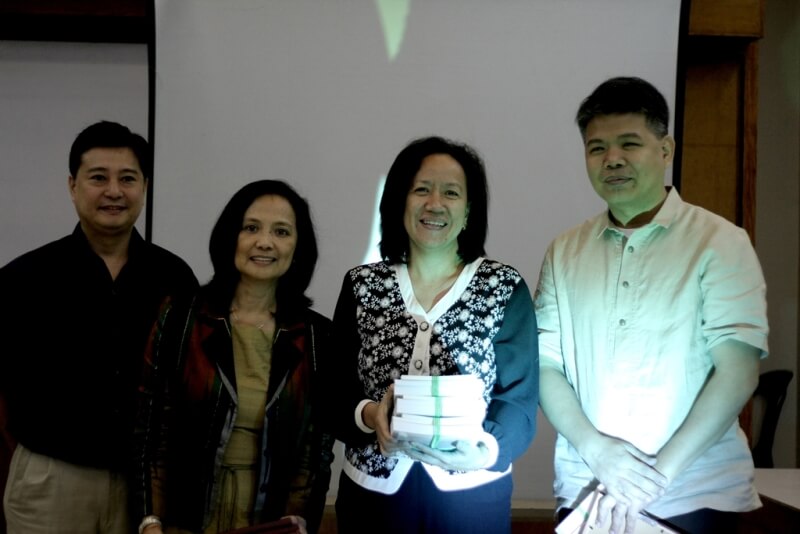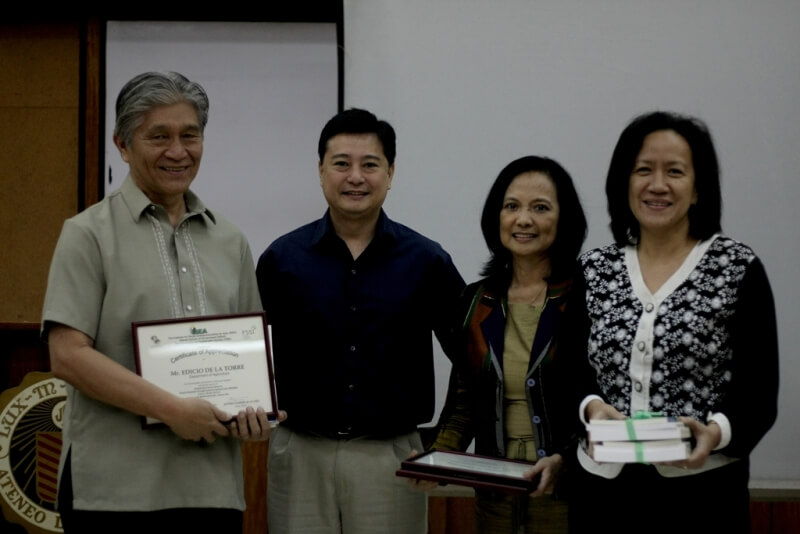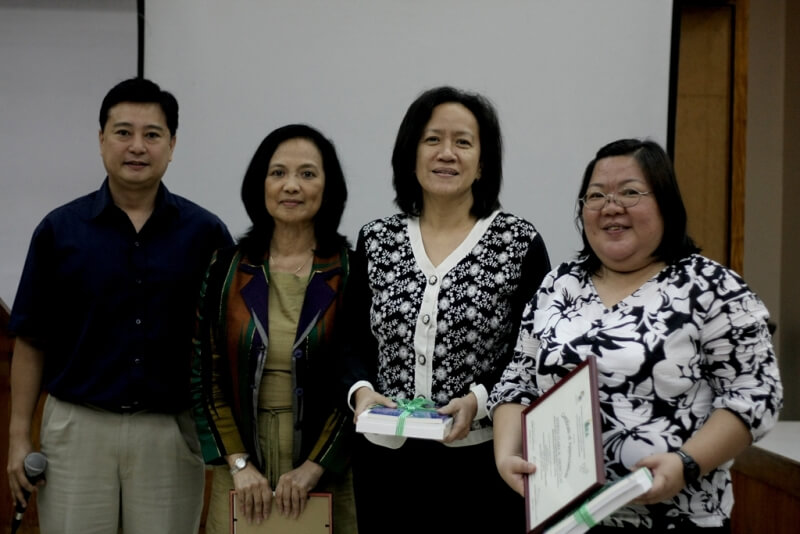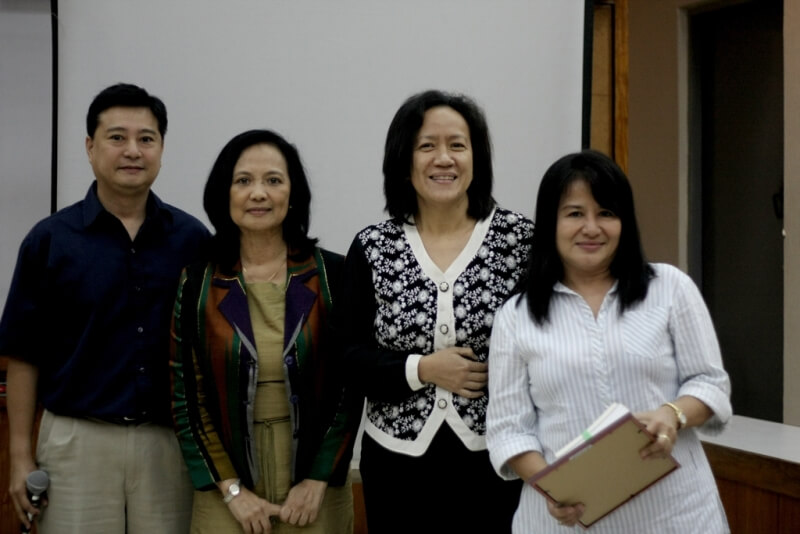Tañada Keynotes Social Entrepreneurship Forum Series Launch
Deputy Speaker Lorenzo ‘Erin’ Tanada III led over a hundred leaders, partners and advocates of social enterprises during the launch of a Poverty Reduction Through Social Entrepreneurship (PRESENT) Multisectoral Forum Series on June 29, 2012 at the SDC Conference Hall, Ateneo de Manila University Loyola Campus in Quezon City.
Tanada is the principal sponsor of House Bill 6085, also known as the Poverty Reduction Through Social Entrepreneurship (PRESENT) Bill and was the keynote speaker of the forum series launch. The forum launch was organized by the Institute for Social Entrepreneurship in Asia (ISEA) and co-sponsored by the Foundation for a Sustainable Society Inc (FSSI) and the Ateneo School of Government (ASoG).
Tanada explained “I sponsored House Bill 6085 not only because I believe social enterprises should be supported as major partners of government in the fight against poverty but because it proposes a strategy that I believe could accelerate poverty reduction in our country: a National Poverty Reduction Through Social Entrepreneurship Program that envisions the identification and development of strategic economic subsectors with the potentials for growth and where the poor are concentrated or could be major players.” Tanada illustrated this by showing how the full development of coconut husk-based subsectors alone could provide employment and livelihood opportunities to the poorest in the rural areas, particularly the 1.2 million coconut farmers and 1 million fisherfolks nationwide. Tanada also emphasized the importance of government’s power of public procurement in supporting the development and growth of social enterprises that are working with the poor as primary stakeholders.
The forum launch also featured a dialogue between representatives of national government agencies and the Poverty Reduction Through Social Entrepreneurship Coalition which is spearheading the lobby for House Bill 6085. National government agencies represented included the National Anti Poverty Commission, the National Economic Development Authority, the Department of Agriculture and the Department of Trade and Industry.
Undersecretary Jude Esguerra of the National Anti Poverty Commission (NAPC) expressed support for the intent of House Bill 6085 and outlined how NAPC and the PRESENT Coalition could work together particularly in the 609 poorest municipalities identified as areas for convergence in the fight against poverty. He also reiterated the commitment of NAPC to support a pilot planning and mapping initiative to demonstrate how government convergence efforts with social enterprises could be effectively pursued.
National Economic Development Authority (NEDA) Director Myrna Asuncion articulated that the legislative measure was consistent with the government’s focus on inclusive growth and good governance. She also raised issues for consideration like the rationalization of government structures and fiscal responsibility.
Department of Agriculture (DA) Representative Edicio de la Torre shared how the intent of the Bill was aligned with the DA’s Agri-Pinoy agenda focusing on food security and self-sufficiency, sustainable agriculture and fisheries, natural resource management, and local development. He expressed his appreciation of the Poverty Reduction Through Social Entrepreneurship Coalition’s social reform agenda, and emphasized the need for dialogue to calibrate a realistic agenda for change.
ISEA President Marie Lisa Dacanay emphasized the importance for government to recognize and work with social enterprises which have reached a critical mass of over 30,000 nationwide to accelerate poverty reduction. She explained that social enterprises need the support of government to scale up their impact as key players and partners in pro-poor value chain development in strategic economic subsectors. She provided examples of social enterprises that are playing key roles in pro-poor value chain development such as Alter Trade Group in the muscovado sugar subsector; Pilipinas Ecofiber in the coco coir subsector; the National Federation of Cooperatives of Persons with Disability in the school chairs subsector and Tahanang Walang Hagdanan in the educational toys subsector. Among others, she proposed a planning, monitoring and evaluation body and system to evolve effective, transparent, corruption-free public procurement schemes and mechanisms involving social enterprises. She explained how the current procurement system in government is negatively affecting the development and growth of social enterprises. She illustrated such with the problems and issues being faced by social enterprises serving persons with disability who supply the Department of Education with school chairs and educational toys.
Dr. Antonio La Vina, Dean of the Ateneo School of Government and Chair of ISEA gave the welcome address. Ms. Lou Gargarita, Executive Director of the Philippine Social Enterprise Network introduced the keynote speaker. The forum launch was moderated by Foundation for a Sustainable Society Inc (FSSI) Executive Director Jay Lacsamana.
During the dialogue and open forum, the following issues were raised and discussed:
- The PRESENT Coalition was open to strengthening the NAPC in lieu of setting up a separate Commission on Social Enterprises, cognizant of the need for convergence and to rationalize government’s poverty reduction programs and structures;
- The issue of fiscal responsibility needs to be seen in a broader context and should not be narrowly defined as putting caps on government spending : if government could raise Php45B for the Conditional Cash Transfer scheme, it makes sense for the government to raise at least an equivalent amount of resources as investment for a more sustainable strategy for poverty reduction;
- The focus on economic subsectors espoused in the Bill is a strategy for targeting the poor where they are located in terms of economic activity;
- That social enterprises need to be supported by government in innovative ways. Social enterprises emerged because of the failure of state and market institutions to serve the needs of the poor. In this context, pushing social enterprises to adjust to the way government operates could very well negate their essence. Social enterprises also need to work towards reforming markets to become more ethical, or situate their efforts as part of building plural economies where the principles of redistribution and reciprocity operate side by side with market principles. It is in this context that the PRESENT Bill may be characterized and appreciated as part of a social reform agenda to accelerate poverty reduction.
- Government’s power of public procurement as an important means of supporting the development of social enterprises serving the poor as primary stakeholders cannot be overemphasized. The problems of the sector of persons with disability (PWDs) with the system of public procurement involving the Department of Education needs to be studied and rectified and such could be used as basis for crafting a more responsive set of Implementing Rules and Regulations.
- Innovative pilot projects implementing some provisions in the PRESENT Bill supportive to social enterprises such as an effective system of public procurement involving social enterprises or setting up a special credit window to provide non-collateralized loans side by side with a guarantee fund pool, if pursued, could serve to inform the crafting of Implementing Rules and Regulations that would effectively support social enterprises.
- The PRESENT Bill as written does not explicitly address gender concerns and would benefit from the incorporation of a gender and development framework. In subsector analysis and social enterprise mapping, gender-disaggregation of data would go a long way in addressing gender issues in poverty reduction interventions.
Everyone agreed that it was important for the dialogue to continue between government and the social enterprise sector. Such dialogues need to involve the heads of national government agencies. The DTI representative, Ms. Maria Victoria Magkalas, expressed the importance of the upcoming dialogue of the PRESENT Coalition with the leadership of the DTI.
The forum launch was the first of a series that would feature various themes and the role of different sectors in supporting social enterprises as major vehicles and partners in poverty reduction. Succeeding fora that would be organized by ISEA with the support of FSSI shall tackle the role of the business sector, ODA donors and local government units in Poverty Reduction Through Social Entrepreneurship.

